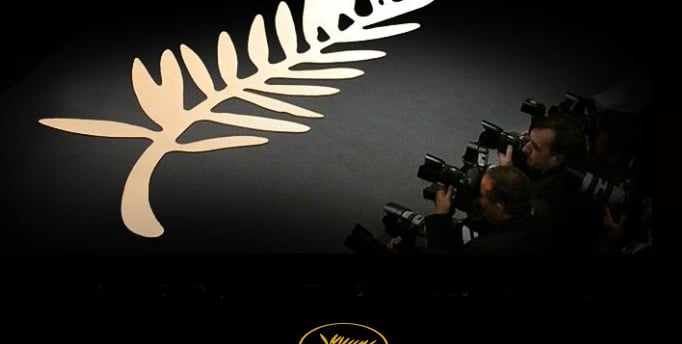Only for my family and close friends.
Cannes Film Festival
Founded in 1946, France Where the world discovers the future of cinema.
FESTIVALS
5/24/20253 min temps de lecture


Held annually in May in the glamorous seaside town of Cannes on the French Riviera, the Festival de Cannes is the most prestigious and influential film festival in the world.
From its origins in the postwar era as a cultural response to fascism and propaganda, Cannes has evolved into a beacon for cinematic excellence, where art and politics meet on the global stage.
With its iconic red carpet, Palme d’Or, and strict artistic criteria, Cannes elevates filmmakers who challenge the boundaries of storytelling. The festival has long championed bold, auteur-driven works and given a platform to underrepresented voices across continents.
Following Cannes, directors like Abbas Kiarostami, Jane Campion, Apichatpong Weerasethakul, and Bong Joon-ho have found global recognition. It is not only a celebration of film—it is a mirror of our time, showcasing the political, cultural, and emotional pulse of the world through cinema.
2000–2009: A Decade of Introspection and Social Realism
The early 21st century at Cannes saw a deep engagement with stories rooted in the complexities of everyday life. The Palme d’Or was often awarded to films that addressed pressing social issues with intimacy and nuance. The Dardenne brothers’ raw naturalism, Michael Moore’s explosive documentary, and Laurent Cantet’s exploration of race and education marked a return to realism and moral confrontation. Cannes during this decade became a global sounding board for inequality, migration, post-9/11 anxieties, and the human cost of capitalism.
4 Essential Films (2000–2009):
The Son’s Room (2001, Nanni Moretti – Italy) – A poignant reflection on grief and family resilience.
Fahrenheit 9/11 (2004, Michael Moore – USA) – A scathing documentary on U.S. foreign policy and media.
The Class (2008, Laurent Cantet – France) – A semi-documentary take on education and diversity in modern France.
4 Months, 3 Weeks and 2 Days (2007, Cristian Mungiu – Romania) – A harrowing tale of survival under dictatorship.
2010–2019: Political Cinema and Global Inclusion
Cannes in the 2010s leaned into global stories with urgent political undertones. The Palme d’Or became a barometer of global unrest, inequality, and shifting moral landscapes. Auteurs from Thailand, Iran, South Korea, and Turkey brought deeply human stories to the fore. Themes such as poverty, gender, marginalization, and authoritarianism took center stage, often through minimalist yet deeply affecting narratives. Cannes also became a crucial venue for emerging female voices, queer stories, and post-colonial narratives.
4 Essential Films (2010–2019):
Blue is the Warmest Colour (2013, Abdellatif Kechiche – France) – A tender and controversial love story with psychological depth.
Shoplifters (2018, Hirokazu Kore-eda – Japan) – A portrait of chosen family and social decay in contemporary Japan.
Winter Sleep (2014, Nuri Bilge Ceylan – Turkey) – A slow-burning philosophical meditation on ego and privilege.
The Square (2017, Ruben Östlund – Sweden) – A brilliant satire on the art world, ethics, and class hypocrisy.
2020–2024: Post-Pandemic Cinema and Radical Experimentation
In the wake of a global pandemic and growing digitalization, Cannes emerged resilient, reaffirming its role as guardian of theatrical experience and cinematic experimentation. The post-2020 years saw a wave of bold, hybrid works—blending genres, styles, and new voices from underrepresented regions. Gender politics, trauma, and body horror emerged as major themes, alongside new feminist cinema. Cannes also opened more space for women directors, with landmark wins for Julia Ducournau and Justine Triet. In an age of streaming dominance, Cannes reasserted the value of film as a collective, communal ritual.
4 Essential Films (2020–2024):
Titane (2021, Julia Ducournau – France) – A visceral, body-transforming odyssey about love and identity.
Anatomy of a Fall (2023, Justine Triet – France) – A cerebral courtroom drama dissecting gender roles and truth.
Triangle of Sadness (2022, Ruben Östlund – Sweden) – A scathing farce of the rich and the broken illusions of power.
Drive My Car (2021, Ryūsuke Hamaguchi – Japan) – A lyrical and melancholic exploration of grief and performance.
